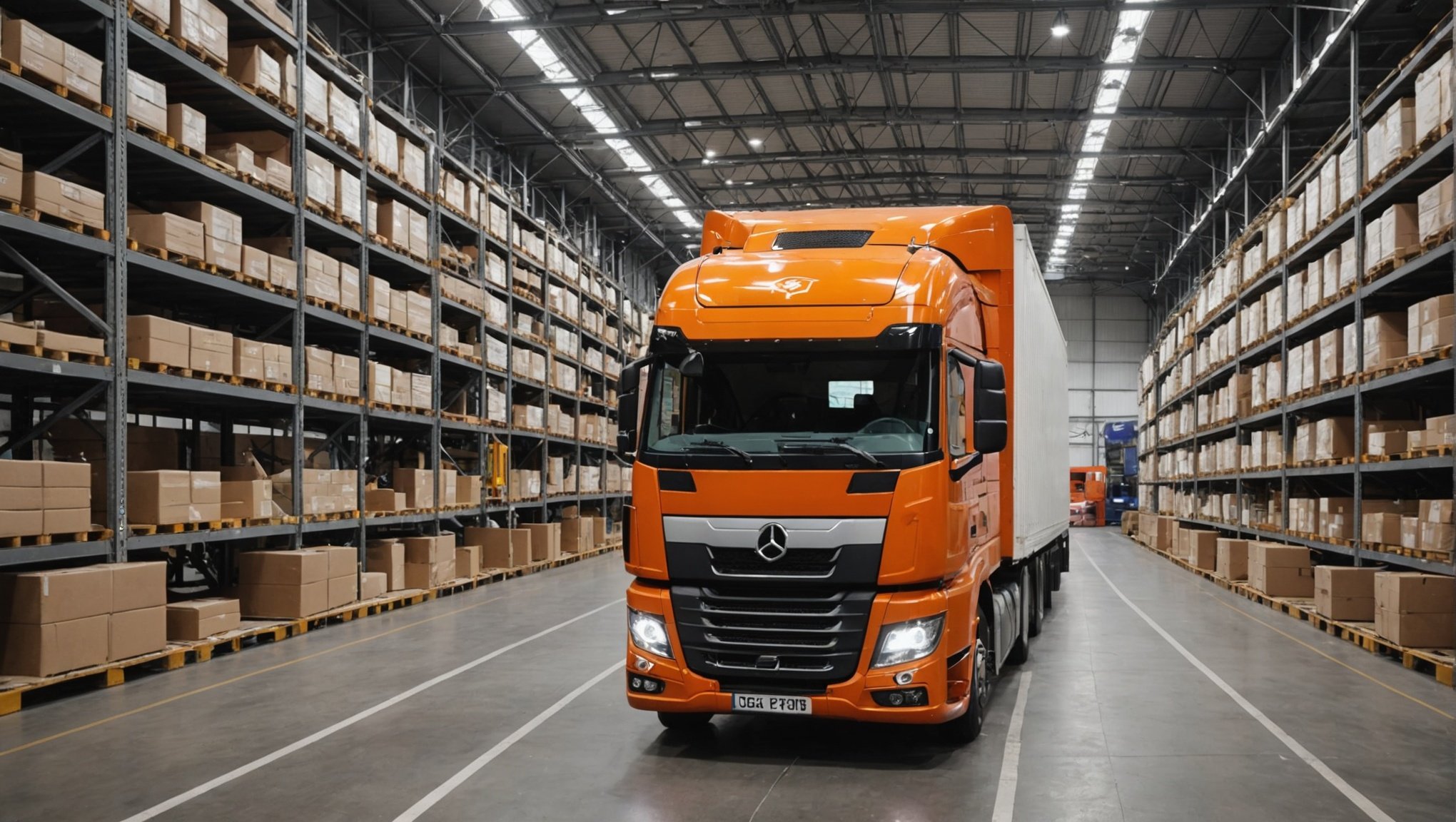Artificial intelligence (AI) has undeniably transformed countless industries across the globe, and the logistics sector in the UK is no exception. With the growing complexity of supply chains, the integration of AI offers a pathway to significantly enhanced delivery efficiency. By leveraging technologies such as machine learning, predictive analytics, and autonomous vehicles, businesses can streamline their operations, optimize routes, and meet the escalating demands of modern consumers. This article delineates the best practices for integrating AI into the UK’s logistics systems to boost operational efficiency and delivery outcomes.
Harnessing Data-Driven Decision Making
In the realm of logistics, data is pivotal. The sheer volume of information generated by supply chains necessitates robust data-driven decision-making processes. You can harness AI to analyze large datasets in real time, revealing patterns and insights that would be impossible to detect manually.
This might interest you : How to use machine learning for real-time fraud detection in UK’s online retail?
The Role of Predictive Analytics
Predictive analytics leverages historical data to forecast future trends. In logistics, this enables more accurate demand forecasting, inventory management, and route optimization. By predicting consumer demand more precisely, you can better align your supply chain operations to meet these demands efficiently.
Real-Time Data Monitoring
Implementing AI-powered systems to monitor real-time data can significantly enhance decision-making processes. For instance, real-time tracking of vehicles and shipments allows for immediate adjustments to be made in response to unforeseen circumstances, such as traffic congestion or adverse weather conditions. By doing so, you can ensure timely and efficient deliveries.
Also to read : What are the most effective ways to use data visualization for marketing insights in UK’s tourism sector?
Optimizing Route Planning with Machine Learning
One of the most impactful applications of AI in logistics is route optimization. Machine learning algorithms can analyze vast amounts of data, such as traffic patterns, road conditions, and delivery time windows, to determine the most efficient routes for delivery vehicles.
Autonomous Vehicles and Route Planning
Autonomous vehicles represent the future of logistics, and their integration can greatly improve delivery efficiency. These vehicles rely on AI to navigate complex urban environments, reduce human error, and optimize delivery routes in real time.
Minimizing Fuel Consumption
By optimizing routes, AI can help reduce fuel consumption, lowering operational costs and minimizing the environmental impact of logistics operations. This not only benefits your business financially but also aligns with the increasing consumer demand for sustainable practices.
Enhancing Inventory Management with AI
Efficient inventory management is crucial for maintaining a responsive and agile supply chain. AI can play a significant role in streamlining inventory processes, ensuring that stock levels are optimized to meet demand without overstocking.
Predictive Maintenance
AI can assist in identifying potential equipment failures before they occur through predictive maintenance. By analyzing data from machinery and equipment, AI systems can predict when maintenance is required, preventing costly breakdowns and ensuring continuous operations.
Reducing Stockouts and Overstocking
AI-powered demand forecasting allows you to better anticipate consumer needs, minimizing the risk of stockouts and overstocking. This not only improves customer satisfaction but also reduces the costs associated with excess inventory.
Leveraging AI for Supply Chain Visibility
Visibility across the entire supply chain is essential for maintaining operational efficiency. AI can provide end-to-end visibility, enabling you to track shipments, monitor supplier performance, and identify potential disruptions before they impact your operations.
Real-Time Tracking and Transparency
AI-powered systems can provide real-time tracking of shipments, offering complete transparency throughout the delivery process. This enables you to keep customers informed about the status of their deliveries, enhancing the overall customer experience.
Identifying Bottlenecks and Inefficiencies
By analyzing data from various points in the supply chain, AI can help identify bottlenecks and inefficiencies. This allows you to take proactive measures to address these issues, improving the overall efficiency of your logistics operations.
Implementing AI for Improved Customer Experience
In the competitive landscape of logistics, delivering an exceptional customer experience is imperative. AI can help you meet and exceed customer expectations by offering personalized solutions and ensuring timely deliveries.
Personalized Delivery Options
AI can analyze customer preferences and behaviors to offer personalized delivery options. By understanding individual customer needs, you can provide more flexible and convenient delivery choices, enhancing customer satisfaction.
Proactive Customer Service
AI-powered chatbots and customer service systems can provide real-time assistance to customers, addressing their queries and concerns promptly. This not only improves the customer experience but also frees up human resources to focus on more complex tasks.
The integration of AI into the UK’s logistics sector offers a multitude of benefits, from enhanced delivery efficiency to improved customer satisfaction. By harnessing data-driven decision-making, optimizing route planning, enhancing inventory management, leveraging supply chain visibility, and implementing AI-driven customer solutions, you can navigate the complexities of modern logistics with greater ease and precision. As the logistics industry continues to evolve, embracing AI will be essential for staying competitive and meeting the ever-growing demands of consumers.











